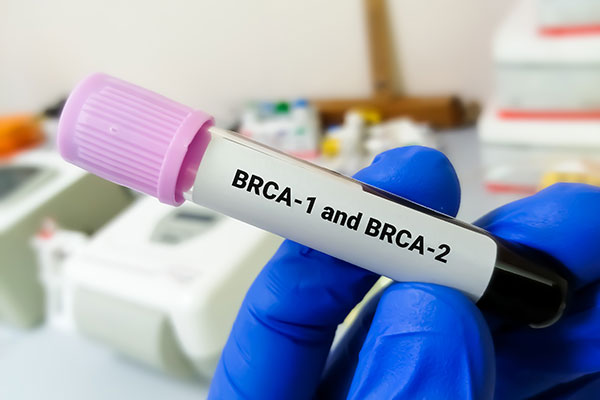If you are pregnant, you likely have a lot on your mind – but diabetes may not be one of them. A diagnosis of gestational diabetes may alarm you, but it is not uncommon. The CDC reports that as much as 6% to 9% of pregnant women develop gestational diabetes. At North Pointe OB/GYN we want expectant mothers to understand this condition and why it’s important to manage it properly. Here’s a closer look at what it means to be diagnosed with gestational diabetes. We will explore the condition, its potential risks, and the steps you can take to ensure a healthy pregnancy and delivery.
What is Gestational Diabetes?
Gestational diabetes is a type of diabetes that occurs during pregnancy, typically diagnosed around the 24th to 28th week. It is characterized by high blood sugar levels that develop due to hormonal changes and increased insulin resistance. Unlike other forms of diabetes, gestational diabetes usually resolves after childbirth. However, it requires careful management during pregnancy to minimize potential complications for both the mother and baby.
Potential Risks and Complications
When gestational diabetes is not properly managed, it can lead to various risks and complications. These include an increased likelihood of high birth weight, premature birth, preeclampsia (high blood pressure during pregnancy), and the need for a cesarean delivery. Additionally, babies born to mothers with gestational diabetes are at a higher risk of developing type 2 diabetes later in life. Understanding these risks can empower you to take proactive steps in managing your condition.
Lifestyle Modifications and Monitoring
Upon diagnosis, one of our Cumming physicians at North Point OB/GYN will work with you to develop a personalized treatment plan. This typically involves making lifestyle modifications, such as adopting a healthy diet, engaging in regular physical activity, and monitoring blood sugar levels. It’s important to follow our recommendations closely to keep your blood sugar levels within a target range and ensure the well-being of both you and your baby.
Blood Sugar Monitoring and Insulin Therapy
Regular blood sugar monitoring is a crucial aspect of managing gestational diabetes. As your trusted obstetrician, we will guide you on how and when to monitor your blood sugar levels using a glucose meter. In some cases, lifestyle modifications alone may not be sufficient to control blood sugar levels, and insulin therapy may be recommended. If insulin therapy is prescribed, we will educate you on its safe and effective use during pregnancy.
Collaborative Care and Support
At North Pointe OB/GYN, we believe in providing comprehensive care and support for expectant mothers with gestational diabetes. Our team of experienced healthcare professionals will closely monitor your progress, offer guidance on managing your condition, and address any concerns you may have throughout your pregnancy journey. We understand the importance of a supportive environment and strive to empower you with the knowledge and tools needed to navigate gestational diabetes successfully.
Being diagnosed with gestational diabetes may initially bring uncertainty, but with the right support and management, you can have a healthy pregnancy and delivery. At North Pointe OB/GYN, we are committed to providing personalized care and support throughout your gestational diabetes journey. Contact us today to schedule an appointment and begin your path to a healthy pregnancy.




